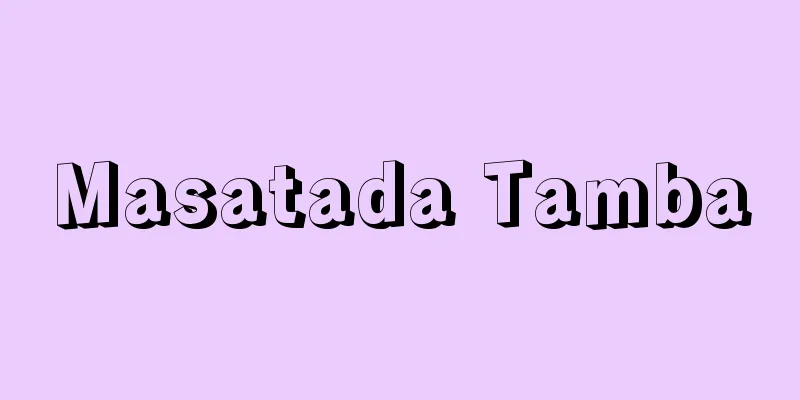trivium

|
... In terms of content, natural science is often characterized as being based on experience, placing importance on experiments and observations, often relying on mathematical expressions, seeking objective universality, and seeking solid causality in laws. However, there have been recent notable claims that the idea that a clear distinction can be made between natural science and other fields of knowledge based on content characteristics is not necessarily valid. Historically, the three departments of the trivium and the four departments of the quadrivium in the classification of academic subjects (seven liberal departments) of medieval Europe could be divided into the humanities and natural sciences if we define the nature of their content from a modern perspective. This is because the trivium of grammar, logic, and rhetoric are the sciences of language, while the quadrivium of arithmetic, astronomy, geometry, and music are considered to be the sciences of measuring nature. ... From [Free Seven Subjects]…It is also translated as “free arts and sciences” and its ideological origins date back to the ancient Greek idea of liberal arts appropriate for free people who were liberated from manual labor, and it is opposed to academics that are practical, professional, or specialized. In the 4th and 5th centuries, at the end of the Roman era, it was limited to seven subjects, divided into three subjects related to language (grammatica, rhetoric, logic) (sometimes called dialectics) and four subjects related to numbers (arithmetic, geometry, music, harmonia, and astronomy). These were originally pagan subjects, but the fact that they became basic subjects for theology as well as law and medicine in the Christian world is a concrete manifestation of the fusion of Hellenism and Hebraism. … *Some of the terminology that mentions "trivium" is listed below. Source | Heibonsha World Encyclopedia 2nd Edition | Information |
|
… 内容的には,経験に基礎を置き,実験・観察を重用し,数学的表現に依存することが多く,客観的普遍性を求め,確固たる因果性を法則に求める,といった特徴を言い立てられることも多いが,自然科学と他の知識領域の間に,内容上の特性からはっきりした区別を立てうる,という考え方自体,必ずしも成り立たないとする主張も最近目立つ。歴史的にみれば,ヨーロッパ中世の学問分類(自由七科)のなかでの〈トリウィウムtrivium〉の三科と〈クアドリウィウムquadrivium〉の四科は,今日の視点から内容の性格規定をすれば,〈人文系〉と〈自然系〉に分けることも可能であろう。文法,論理,修辞学のトリウィウムがことばに関する学問であるのに対して,算術,天文学,幾何学,音楽のクアドリウィウムは,自然の計測に関する学問と考えられるからである。… 【自由七科】より…自由学芸とも訳され,思想的源流としては,古代ギリシアの,肉体労働から解放された自由人にふさわしい教養という考え方にさかのぼり,実利性や職業性や専門性を志向する学問と対立する。ローマ末期の4~5世紀に七つの科目に限定され,言語に関する三科trivium,すなわち文法grammatica,修辞学rhetorica,論理学logica(弁証法dialecticaと呼ばれることもある)と数に関連した四科quadrivium,すなわち算術arithmetica,幾何geometrica,音楽musica(もしくはharmonia),天文学astronomiaに区分される。これらは本来異教徒の学問であるが,それがキリスト教世界の法学や医学のための基礎科目だけでなく神学の基礎科目となったことは,ヘレニズムとヘブライズムとの融合の具体的あらわれである。… ※「trivium」について言及している用語解説の一部を掲載しています。 出典|株式会社平凡社世界大百科事典 第2版について | 情報 |
>>: Triturus vulgaris (English spelling)
Recommend
Offa's Fortress - Offa's Fortress
…East Anglia rose to power for a time in the firs...
Omiwa Shrine
It is located in Miwa-cho, Sakurai City, Nara Pre...
Motoyuki Takabatake
A national socialist of the Taisho period. The fi...
Strange Sensation
... The composition of the piece is 15 bars in th...
《Assiette au Beurre》 - Assiette au Beurre
… With the rapid advances in printing technology ...
Common octopus (Madako) - Common octopus (English spelling)
This edible octopus (illustration) is a member of ...
Private monk - Shidoso
Under the Ritsuryo system, monks and nuns were ord...
Ontade - Ontade
A perennial plant of the Polygonaceae family (APG...
Surfing - Surfing (English spelling)
Surfboard riding is a sport that uses a surfboard...
Tran Phu
1904‐31 First Secretary-General of the Communist P...
Kumamoto Prefecture - Kumamoto
Kumamoto Prefecture occupies the western half of c...
Kakeodori - Kakeodori
This is a form of dance in which dancing troupes c...
Rouget de Lisle, CJ (English) RougetdeLisleCJ
…France's national anthem. The lyrics and mus...
Pugettia incisa (English spelling)
… [Takeda Masatomo]. … *Some of the terminology t...
Bairam Khan (English spelling)
…In November 1556, the Mughal army defeated Hemu&...









